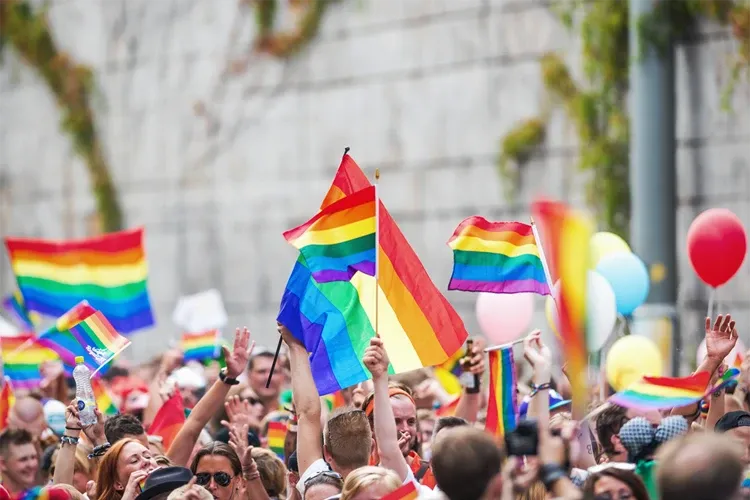Considerable shares of young Americans identify with various self-described LGBT identities, a trend which corresponds to their increased skepticism toward Christianity.
Numerous surveys and polls have indicated in recent years that more than one in five members of Generation Z, usually defined as those born between 1997 and 2012, say they identify with homosexuality or transgenderism. The latest survey on the matter released by Gallup last month revealed that more than 23% of Generation Z considers themselves “lesbian, gay, bisexual, transgender, or something other than heterosexual.”
Another recent survey from the Public Religion Research Institute said that number may be closer to 28%, a figure driven largely by members of Generation Z calling themselves bisexual.
The elevated level of young people who profess alignment with some form of LGBT identity corresponds to a decrease in young people who consider themselves religious. Only 54% of Generation Z identifies with Christianity, according to the latter survey, a share significantly lower than the 76% of Baby Boomers and 79% of the Silent Generation who say the same.
Some ministry leaders have downplayed or denied the notion that homosexuality and transgenderism are sinful behaviors, as displayed throughout the Bible and the history of the Christian faith, in response to these cultural phenomena. But for pastors who desire to remain faithful on matters of sexual ethics, the cultural tides often present challenging situations.
Michael Clary, a pastor at Christ the King Church in Cincinnati, Ohio, said in remarks to The Sentinel that he ministers to many college students as a result of the church’s proximity to local universities. He provided The Sentinel with an excerpt of his book which detailed one instance of a professed believer who left Christianity over the faith’s rejection of homosexuality.
“A young woman in my church named Amy came to faith in college through the ministry of Young Life. Both she and her husband ended up becoming Young Life leaders and discipling high school students. Some of these high school students began questioning their sexuality and the Bible’s teaching about it,” he described. “This led Amy to start questioning her own views about homosexuality and the Christian faith. These doubts grew in her mind until she finally opened up to her husband about it, which is when they contacted me for help.”
Even after Clary met with the couple on numerous occasions, the young woman “ended up abandoning the faith completely” and even tried to convince her husband to do the same. “The fact that God doesn’t accept homosexuality was a dealbreaker,” he continued. “When he refused to follow her lead, she divorced him, even though he was willing to stay married to her.”
Clary noted that “her allegiance to affirming LGBTQ lifestyles was higher than her allegiance to Christ” and warned that one cannot affirm sexual sin while professing to follow Jesus.
“I tell this story to highlight the simple fact that the Christian faith cannot be reconciled with the LGBTQ lifestyles without becoming another religion altogether. Eventually, everyone will have to choose to either follow Christ or follow the LGBTQ movement. You can’t have it both ways.”



